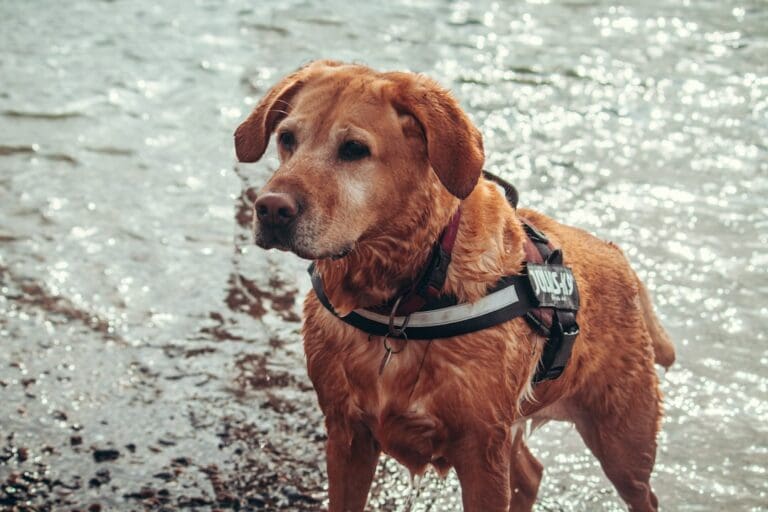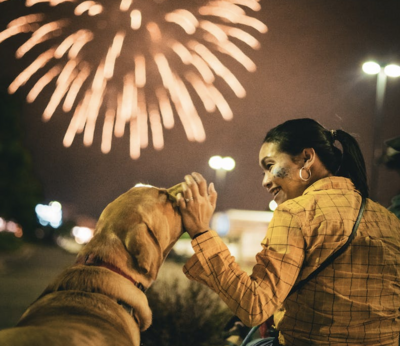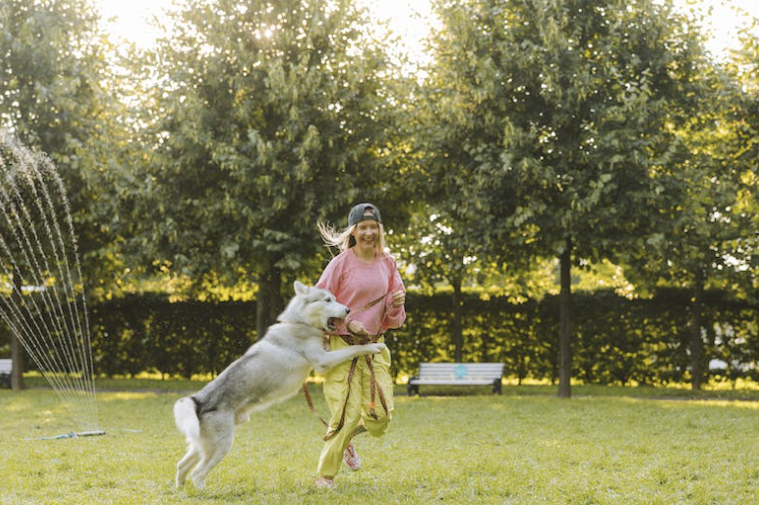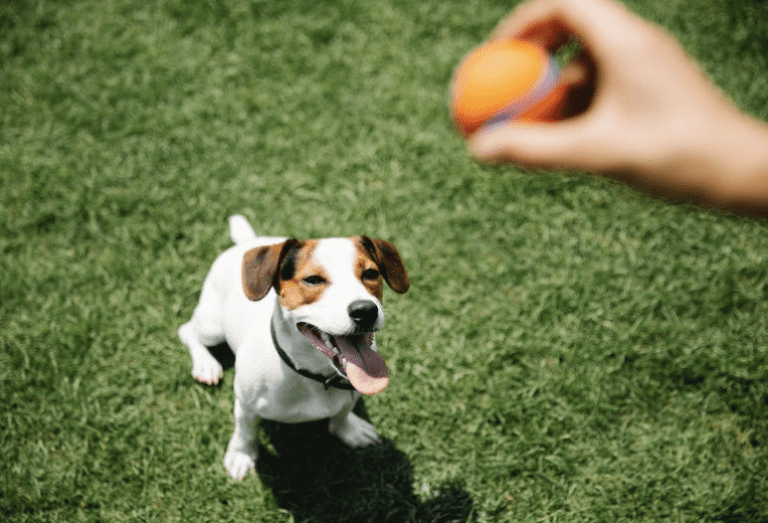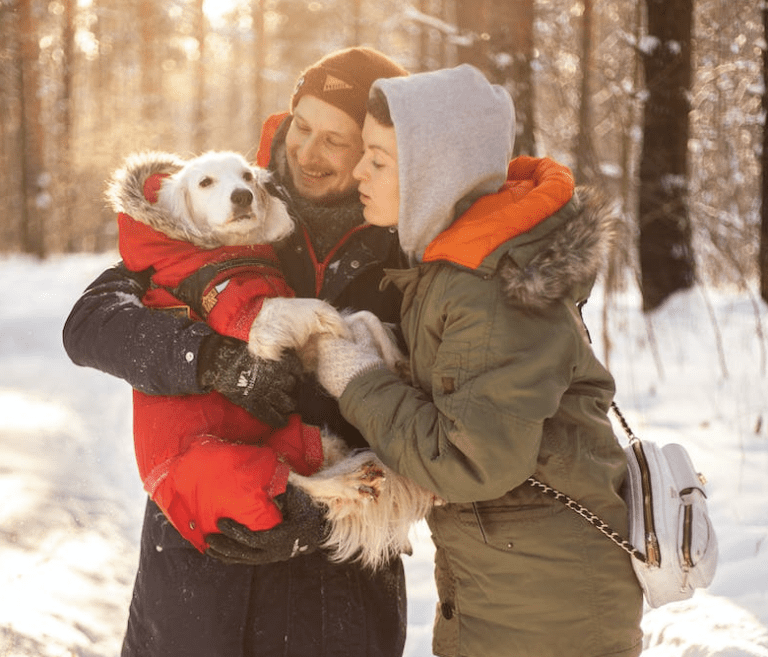Empowering Senior Dogs: Unlocking New Skills and Bonding Through Training
Training Older Dogs: Its Never Too Late to Teach an Old Dog New Tricks – Discover the benefits of training senior dogs, including increased mental stimulation and a stronger bond with their owners, and learn effective positive reinforcement techniques from Team JW Enterprises.
Introduction to Training Older Dogs
Contrary to popular belief, older dogs are not only capable of learning new tricks but can thrive during the training process. This misconception stems from a misunderstanding of an older dog’s adaptability and eagerness to please. In reality, senior dogs can bring a wealth of experience and a more focused demeanor to training sessions, qualities that can sometimes make them more receptive learners than their younger counterparts. The act of learning new skills can serve as an excellent form of mental exercise for older dogs, helping to keep their minds sharp and spirits high. It’s an opportunity to challenge them in a healthy way, boosting their confidence and preventing cognitive decline as they age.
Moreover, training sessions provide an invaluable opportunity to strengthen the bond between owners and their older pets. Through the use of positive reinforcement techniques, such as treats, praise, and affection, owners can effectively communicate their approval and satisfaction with their dog’s behavior. This method not only encourages the dog to repeat those behaviors but also fosters a sense of trust and mutual respect. A dog that feels secure and understood is more likely to engage positively with training, making the experience enjoyable and rewarding for both parties. Importantly, Team JW Enterprises specializes in adapting these positive reinforcement techniques to suit the unique needs of older dogs, ensuring that the training process is both effective and enriching.
Benefits of Training Older Dogs
Training older dogs brings a wealth of advantages that contribute to their physical and emotional wellbeing. Engaging senior dogs in training routines is not just about teaching them new commands; it’s a powerful avenue for physical exercise, which is paramount for maintaining their health. Regular training activities help keep older dogs active, combatting the onset of obesity—a prevalent concern among aging pets. This not only enhances their physical condition but also aids in managing age-related issues such as arthritis by keeping their joints flexible and muscles strong.
Moreover, the psychological benefits of training cannot be overstated. As dogs age, they may become more susceptible to anxiety and stress, which can manifest in various behavioral issues. Training sessions provide mental stimulation that challenges their brains, keeping them sharp and engaged. This mental engagement is a key factor in reducing stress and anxiety levels, contributing to a more peaceful and content demeanor. Furthermore, the process of learning and mastering new skills can significantly boost their confidence, enriching their golden years with a sense of achievement and purpose. The improved communication and deeper bond that result from this shared activity further enhance the quality of life for both the dog and the owner, creating a more understanding and harmonious relationship [2]. By incorporating training into their routine, owners can ensure their older dogs remain not just physically fit, but also mentally vibrant and deeply connected to them. For those seeking to embark on this rewarding journey, Team JW Enterprises offers tailored training programs that cater specifically to the needs of older dogs, ensuring a safe, effective, and enjoyable learning experience. Visit https://teamjw.com/ to explore how they can help strengthen the bond between you and your senior companion.
Challenges and Considerations in Training Older Dogs
Training older dogs, while deeply rewarding, does present its own set of challenges that require understanding and adaptability. One of the primary concerns is the physical limitations that come with age, such as joint stiffness or decreased mobility. These issues necessitate a gentle approach to training activities, possibly including modifications to exercises to suit an older dog’s comfort and capabilities. For instance, instead of jumping exercises, trainers might focus on ground-level activities that encourage mental stimulation without putting undue stress on the dog’s body.
Moreover, cognitive decline is another factor that can impact an older dog’s learning process. This decline can manifest as a slower response to commands or difficulty in retaining new information. Therefore, training methods need to be adjusted to account for these changes, emphasizing patience, repetition, and consistency. It’s crucial to introduce new commands and tricks gradually, using positive reinforcement to encourage and reward progress, no matter how small. Creating a training environment that feels safe, stress-free, and comfortable is also pivotal. This ensures that older dogs feel secure and are more receptive to learning, making the training process enjoyable for both the dog and the trainer [3]. With the right approach, older dogs can continue to learn and thrive, demonstrating that age is not a barrier to new achievements. Team JW Enterprises specializes in adapting training methods to suit older dogs, ensuring they receive the care, patience, and understanding they need to succeed.
Positive Reinforcement Techniques for Older Dogs
Positive reinforcement stands as a cornerstone in the realm of canine training, holding particular significance for the senior dog population. This method hinges on the principle of rewarding desired behaviors, thereby increasing the likelihood of these behaviors being repeated. Clicker training exemplifies this approach, serving as an invaluable tool for clear communication. By associating the sound of the clicker with positive reinforcement, such as treats or praise, older dogs receive instant feedback that their action is correct. This method not only fosters a deeper understanding of commands but also strengthens the bond between dogs and their owners, making training sessions a source of joy rather than stress.
Expanding on the foundation laid by clicker training, shaping and the “capture” method further tailor the positive reinforcement strategy to the unique needs of older dogs. Shaping involves gradually guiding the dog through progressively closer approximations of the desired behavior, rewarding them at each step. This technique is particularly effective for teaching complex tasks by breaking them down into simpler, more manageable pieces, thereby accommodating the learning pace of older dogs without overwhelming them. Meanwhile, the “capture” method takes advantage of spontaneous behaviors that align with training goals, rewarding them immediately. This approach not only reinforces these positive behaviors but also encourages older dogs to naturally offer behaviors that earn them praise or treats, integrating training seamlessly into their daily routine. By leveraging these techniques, trainers can create a nurturing and effective learning environment that respects the cognitive and physical limitations of senior dogs, promoting a fulfilling and enriching training experience.
The Science Behind Canine Learning at Any Age
Recent studies have dismantled the long-held belief that old dogs are incapable of learning new tricks. At the heart of this discovery is the principle of neuroplasticity, which evidences that the canine brain, regardless of age, has the remarkable capacity to forge new neural pathways. This adaptability means that senior dogs are not only able to learn new behaviors but can also greatly benefit from the cognitive challenges that training presents. By engaging in regular training sessions, older dogs receive constant mental stimulation that can significantly improve their cognitive functions, contributing to a healthier brain state and potentially slowing down the effects of aging on the brain.
Furthermore, the role of positive reinforcement in the learning process of older dogs cannot be overstressed. When dogs learn through positive reinforcement, such as treats, praise, or toys, their brain releases dopamine—a neurotransmitter linked to pleasure and motivation. This chemical response not only makes learning more enjoyable for them but also enhances their ability to retain new information and skills. This method proves especially effective in older dogs, for whom motivation might be a barrier to learning new things. Incorporating positive reinforcement techniques into training regimens for senior dogs not only fosters a love for learning but also strengthens the emotional bond between the dog and its owner, making each training session an opportunity for mutual enjoyment and growth. By understanding and leveraging these scientific principles, owners can unlock an enriching world of learning for their older dogs, proving that age is not a limit to development or deepening connections. Team JW Enterprises specializes in applying these science-backed training methods, tailoring programs to the unique needs of senior dogs to ensure they thrive at every stage of their life. Discover more about how their expert training services can benefit your older dog by visiting https://teamjw.com/.
Success Stories and Testimonials of Training Older Dogs
Success stories and testimonials from the training of older dogs vividly illustrate that age is merely a number when it comes to learning. Take, for example, the story of a twelve-year-old Labrador Retriever named Max. Max’s owners believed it was too late for him to learn basic commands, let alone address his sudden onset of anxiety and excessive barking. However, under the guidance of a patient trainer who employed positive reinforcement techniques, Max was not only able to learn commands like ‘sit’ and ‘stay’ but also showed remarkable improvement in his behavior, proving that with the right approach, older dogs can indeed learn new tricks and behaviors.
Another heartwarming testament comes from the satisfied clients of Team JW Enterprises, where a senior dog named Bella, who had spent her life without formal training, was able to master new behaviors that significantly enhanced her quality of life and strengthened her bond with her family. Bella’s story, shared on the Team JW Enterprises website, showcases the company’s dedication to enhancing the canine-human bond through expert training tailored specifically to the needs and abilities of older dogs. These success stories underscore the transformative journey that senior dogs can undergo with consistent and understanding training efforts, encouraging owners of older dogs to embark on the rewarding path of training. Visit Team JW Enterprises at https://teamjw.com/ to discover how their training programs can make a positive impact on your older dog’s life.
Getting Started with Training Your Older Dog
Embarking on the training journey with an older dog who may never have received formal training presents a unique set of challenges and opportunities. The first step is to establish clear, achievable goals that are tailored to your dog’s current abilities and potential for growth. This approach ensures that both you and your dog experience success and satisfaction from the very beginning, fostering a positive learning environment. Engaging your older dog with interactive toys and puzzles not only makes the learning process more enjoyable but also stimulates their cognitive functions, enhancing their problem-solving skills. This type of mental exercise is crucial for maintaining the brain health of older dogs and can lead to improvements in their overall behavior and agility.
Consistency is another cornerstone of successfully training senior dogs. Setting up a structured routine for training sessions helps your dog understand what is expected of them and when, which can significantly boost their learning efficiency. Remember, older dogs might take a bit longer to pick up new commands or change established behaviors, so patience is paramount. Celebrate small victories and progress, as these are monumental in building your dog’s confidence and trust in you as their guide. If you’re unsure where to start or need guidance tailored to the unique needs of your older pet, seeking out professional services like those offered by Team JW Enterprises can provide you with the expertise and support necessary to make the training process smoother and more effective. Their personalized training programs are designed to meet your older dog’s specific needs, ensuring a rewarding experience for both you and your furry companion. For more details on how to kickstart your older dog’s training journey, visit https://teamjw.com/.
Why Choose Team JW Enterprises for Your Older Dog’s Training
Choosing Team JW Enterprises for your older dog’s training means entrusting your beloved pet to a team that deeply understands the nuances and requirements of training senior dogs. With a foundation in personalized training approaches, Team JW Enterprises tailors each program specifically to the older dog’s physical capabilities and learning pace. Their professional trainers are not only experienced but also compassionate, recognizing that older dogs may need more patience and adjustments in their training routines. This ensures that every older dog, regardless of its previous training experience or physical limitations, has the opportunity to learn and thrive in a supportive environment.
Moreover, Team JW Enterprises stands out due to its holistic approach to dog well-being. Beyond basic obedience training, they offer a suite of services designed to enrich your dog’s life, including boarding, daycare, and even pet waste management. This comprehensive care model supports not just the physical health of your dog but also its emotional and mental well-being. By choosing Team JW Enterprises, you’re not just signing up for a training program; you’re investing in a partnership that values the overall happiness and quality of life of your older dog. Their dedication to strengthening the canine-human bond shines through in their commitment to excellence and customer satisfaction, making them an unparalleled choice for your older dog’s training needs. Explore their expert services further at https://teamjw.com/ and take the first step towards a more fulfilling life for you and your senior companion.
Conclusion: Empowering Older Dogs Through Training
Training older dogs is not just about teaching them new commands or tricks; it’s a comprehensive approach to enhancing their quality of life. The process brings numerous benefits, such as bolstering physical health, mitigating anxiety, and fostering a deeper connection between pets and their owners. This journey into training reaffirms the enduring adaptability and resilience of older dogs, showcasing that age is merely a number when it comes to learning and personal growth. By engaging in training, owners can witness firsthand the transformative impact on their dogs’ well-being and behavior, leading to a more harmonious and understanding relationship.
Choosing to embark on this training journey with your senior dog opens up a pathway to a fulfilling and enriching experience that benefits both you and your furry companion. It’s a powerful statement that underscores the belief in the potential for change and improvement at any stage of life. For those looking for professional support, Team JW Enterprises stands ready to offer expert training programs tailored specifically to older dogs. Their approach is designed to meet the unique needs of senior pets, ensuring a safe, effective, and compassionate training environment. To discover more about how Team JW Enterprises can assist in empowering your older dog through training, visit their website at https://teamjw.com/ today. This is your opportunity to not only teach your old dog new tricks but to also strengthen the bond you share, making every moment together even more special.





